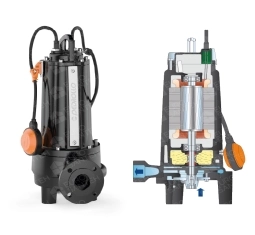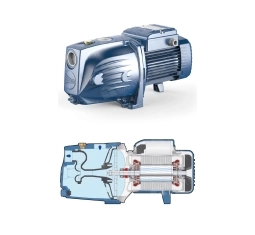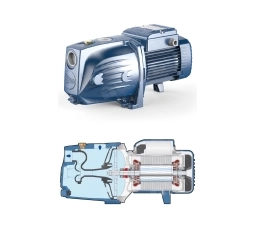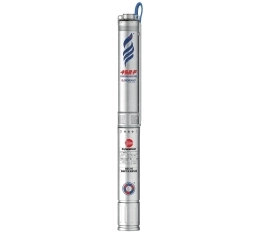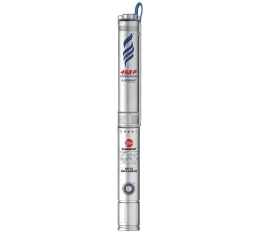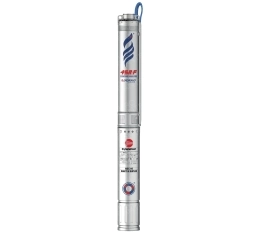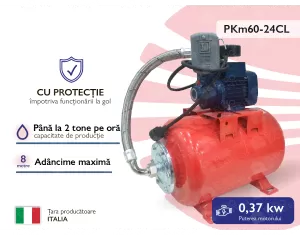Pumps
Pumps are indispensable devices that play a pivotal role in various industries and daily life, facilitating the efficient movement of liquids and gases. From residential water supply systems to intricate industrial processes, pumps serve as the driving force behind fluid transport, ensuring the smooth operation of numerous applications. Let's delve into the diverse world of pumps and explore their significance in modern technology.
Versatility in Pump Types:
The world of pumps boasts a wide array of types, each tailored to specific tasks and environments. Centrifugal pumps, diaphragm pumps, gear pumps, screw pumps — each type brings its unique advantages and applications to the table. This diversity in pump technologies allows for the selection of the most suitable pump for a particular task or industry.
Industrial Applications:
In industrial settings, pumps are the backbone of fluid transportation, moving large volumes of liquids and gases with precision and efficiency. They play a critical role in the oil and gas industry, water supply systems, chemical manufacturing, and various other sectors. The high performance and reliability of these devices contribute significantly to the seamless operation of industrial processes.
Centrifugal Pumps:
Centrifugal pumps are among the most common and widely used types. They operate by imparting kinetic energy to the fluid, causing it to move radially outward. These pumps are versatile and find applications in water supply, wastewater treatment, and many industrial processes. Their simplicity, efficiency, and ease of maintenance make them a preferred choice in diverse settings.
Positive Displacement Pumps:
Positive displacement pumps, such as diaphragm pumps and gear pumps, are designed to move a fixed amount of fluid per cycle. They excel in situations where precise control of flow and pressure is crucial. These pumps are often employed in applications requiring accuracy and consistency, such as chemical dosing and pharmaceutical manufacturing.
Role in Water Management:
Pumps play a vital role in water management, ensuring the supply of clean water to communities and facilitating the removal of wastewater. Submersible pumps, often used in wells and boreholes, efficiently lift water to the surface for consumption or agricultural use. Water treatment plants rely on pumps for the circulation and filtration of water to meet quality standards.
Innovation in Pump Technology:
Advancements in pump technology continue to drive efficiency and sustainability. Smart pumps equipped with sensors and monitoring systems enable real-time performance tracking and predictive maintenance. These innovations contribute to energy savings and prolong the lifespan of pumping systems.
Pumps in Everyday Life:
Beyond industrial applications, pumps are integral to our daily lives. From heating systems in homes to the circulation of coolant in automobiles, pumps are silently working to ensure the functionality of various devices we often take for granted.
Conclusion: Powering Progress with Pumps
In essence, pumps are unsung heroes powering progress across diverse industries and applications. Their versatility, efficiency, and continuous evolution in technology make them indispensable for the movement and management of fluids, contributing to the functionality and efficiency of our modern world.
